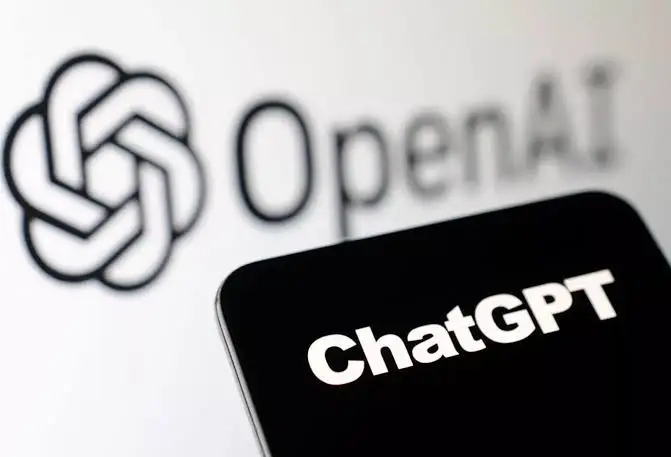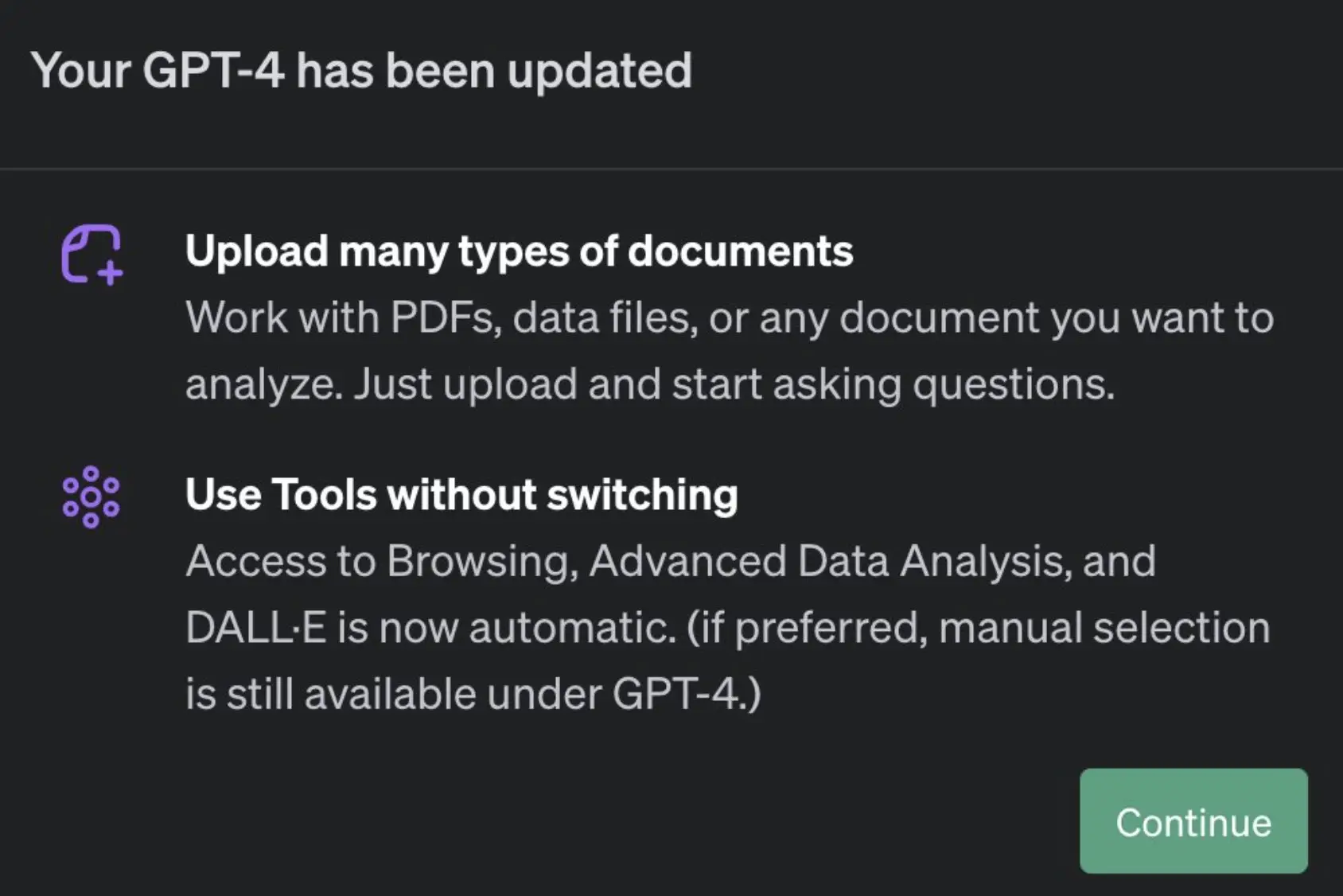Arizona State University (ASU), a renowned leader in innovation and higher education, is making waves by integrating cutting-edge technologies into its educational and research frameworks. Serving approximately 181,000 students annually and offering over 800 degree options, ASU has been recognized by U.S. News and World Report as the most innovative university in America for nine consecutive years. In a bold move to further enhance educational outcomes and drive human potential, ASU has partnered with OpenAI to incorporate ChatGPT Edu into its projects across teaching, research, and operations.
Democratizing Higher Education with AI
In the spring of 2024, ASU celebrated its largest graduating class yet, with 20,000 students crossing the stage. Michael M. Crow, President of ASU, emphasized the transformative role of technology and AI in higher education. No two people learn in exactly the same way, and innovation has proven to be the most powerful asset that we have, Crow said. His vision for the future of higher education includes a highly diversified and technologically enhanced learning environment, where AI plays a crucial role in personalizing education and fostering lifelong learning.
Deploying ChatGPT Across ASU
ASU’s approach to integrating ChatGPT into its ecosystem was intentional and community-focused. Lev Gonick, ASU's Chief Information Officer, highlights the importance of addressing community needs when implementing new technology. In February 2024, ASU launched the AI Innovation Challenge, inviting faculty and staff to submit proposals for using ChatGPT to enhance teaching, research, and operations.
The challenge yielded an overwhelming response, with proposals from over 80% of ASU’s schools and colleges. By March, a second round of proposals included student researchers, reflecting the widespread interest in leveraging AI for various applications. By July, over 400 proposals were received, and more than 200 projects were activated across most departments and colleges.
Transforming Curriculum and Research with ChatGPT
The integration of ChatGPT at ASU has led to innovative projects across diverse fields:
AI as a Writing Companion: This project uses ChatGPT to provide students with real-time feedback on their scholarly writing, enhancing their arguments and speeding up submission processes.
Sam’ the Chatbot: In the College of Health Solutions, 'Sam' facilitates role-based practice for students, simulating patient-provider interactions. Clinical Professor Colleen Cordes praises the chatbot for its ability to offer authentic practice opportunities and simplify feedback through detailed interaction transcripts.
Ethical Research Recruitment: Ph.D. student Amber Hedquist is utilizing ChatGPT to improve participant recruitment for research studies. By ensuring that communication is clear and devoid of complex scientific jargon, the AI helps researchers engage the community more effectively.
ASU is also exploring how AI influences broader research and operational aspects. Vice Provost for Undergraduate Education, Anne Jones, underscores the importance of training students in AI to prepare them for future workforce success.
Ensuring Responsible AI Practices
ASU’s commitment to responsible AI use is reflected in its adherence to privacy and security standards. The introduction of ChatGPT Edu was crucial for maintaining student privacy and protecting intellectual property. Gonick notes that digital trust, data governance, and ethical considerations are central to ASU’s AI strategy. The university’s proactive stance in recalibrating learning methodologies and embracing AI aligns with its mission to foster innovative and secure educational environments.
The integration of AI at ASU is setting new benchmarks for higher education institutions. By incorporating AI into curricula and research, ASU is not only enhancing educational experiences but also preparing students for a future where AI proficiency is a key asset. Gonick envisions a future where graduates are equipped with the skills and knowledge to make significant contributions in their fields.
Conclusion
ASU’s pioneering efforts in integrating ChatGPT into higher education exemplify the transformative potential of AI. As the university continues to innovate and adapt, it is paving the way for a future where technology enhances learning, supports research, and fosters a more inclusive and effective educational landscape.
For more information on ASU’s AI initiatives, visit: https://www.openai.com/chatgpt-edu









Add a Comment: